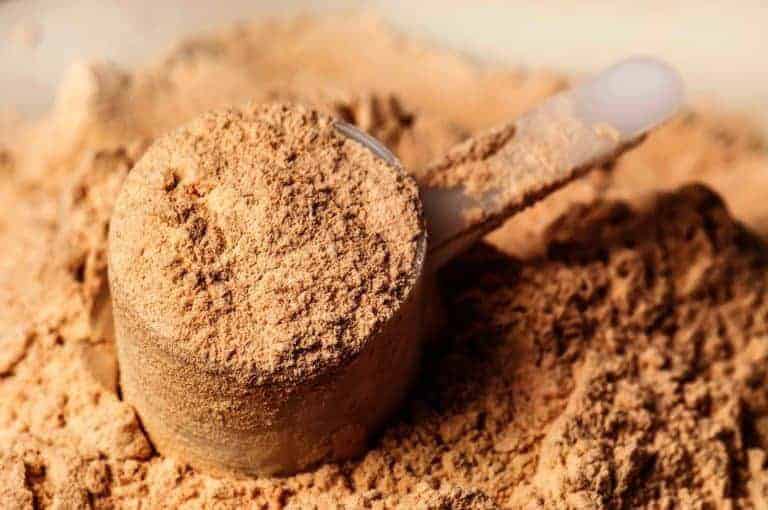AAEP 2006: Reproduction Forum
Drug compounding, the ethics of treating cryptorchids, and sexually transmitted diseases were the hot topics discussed by equine practitioners at the Reproduction Forum, led by Steven Brinsko, DVM, PhD, Dipl. ACT, associate professor of















